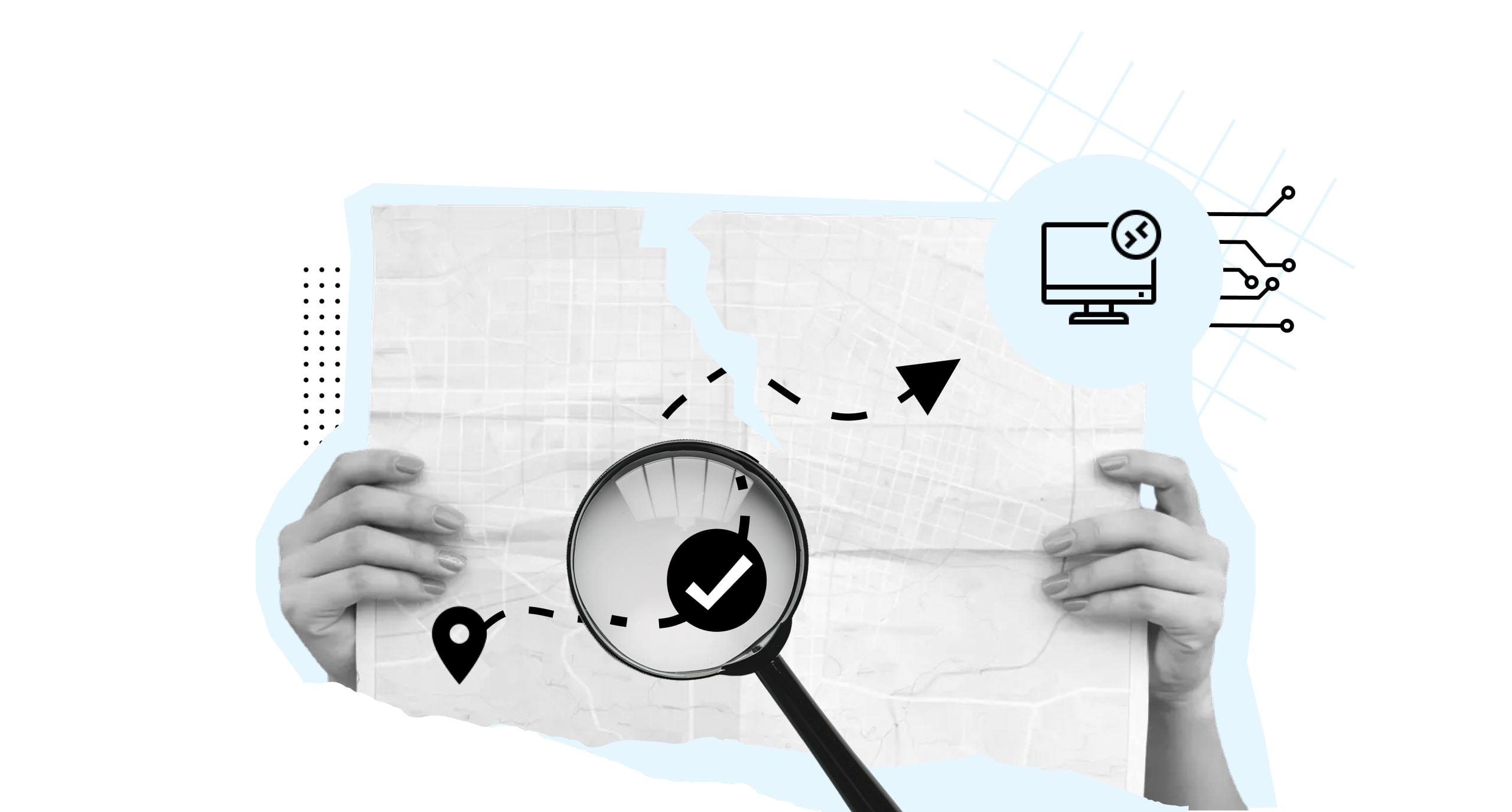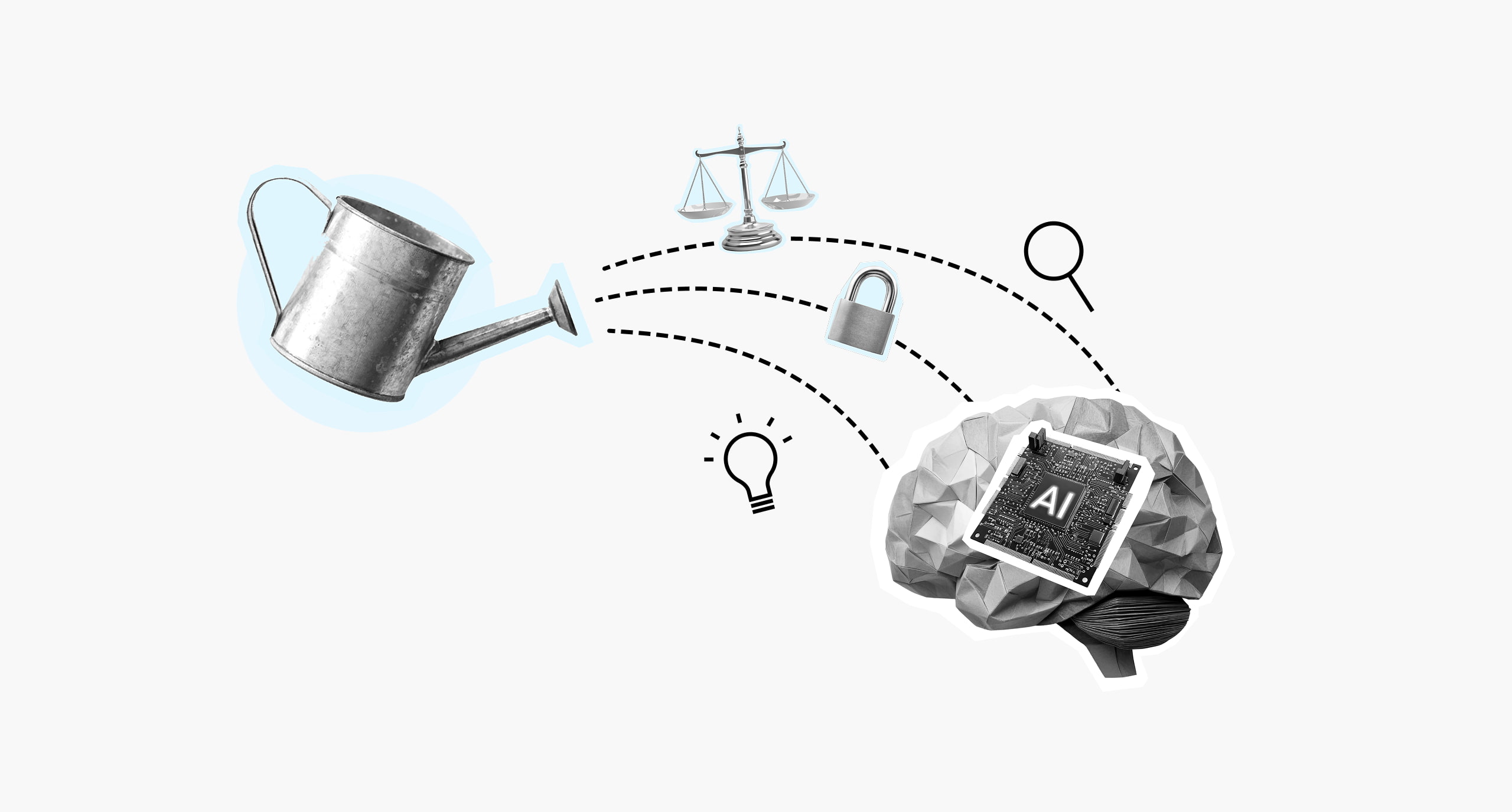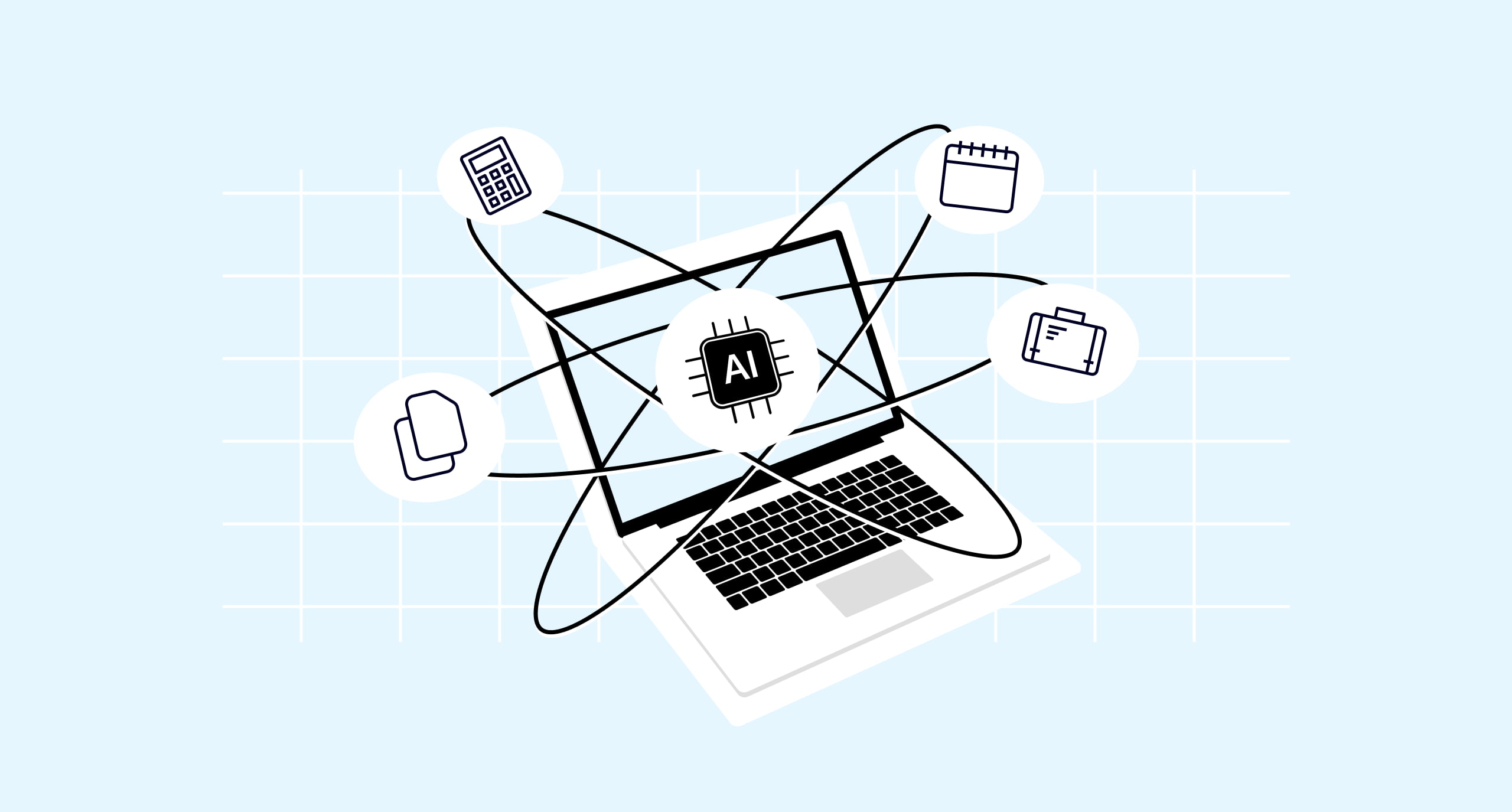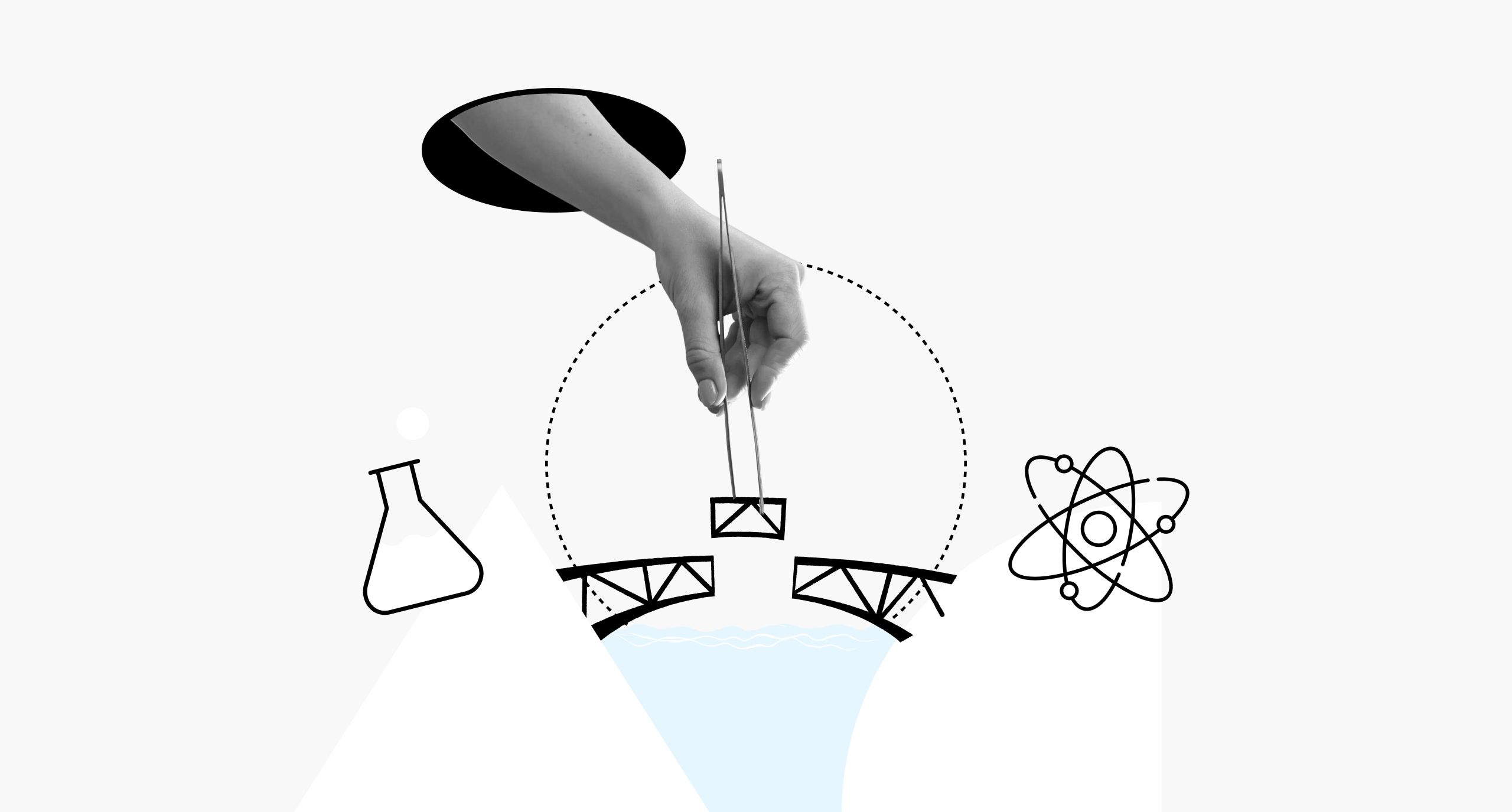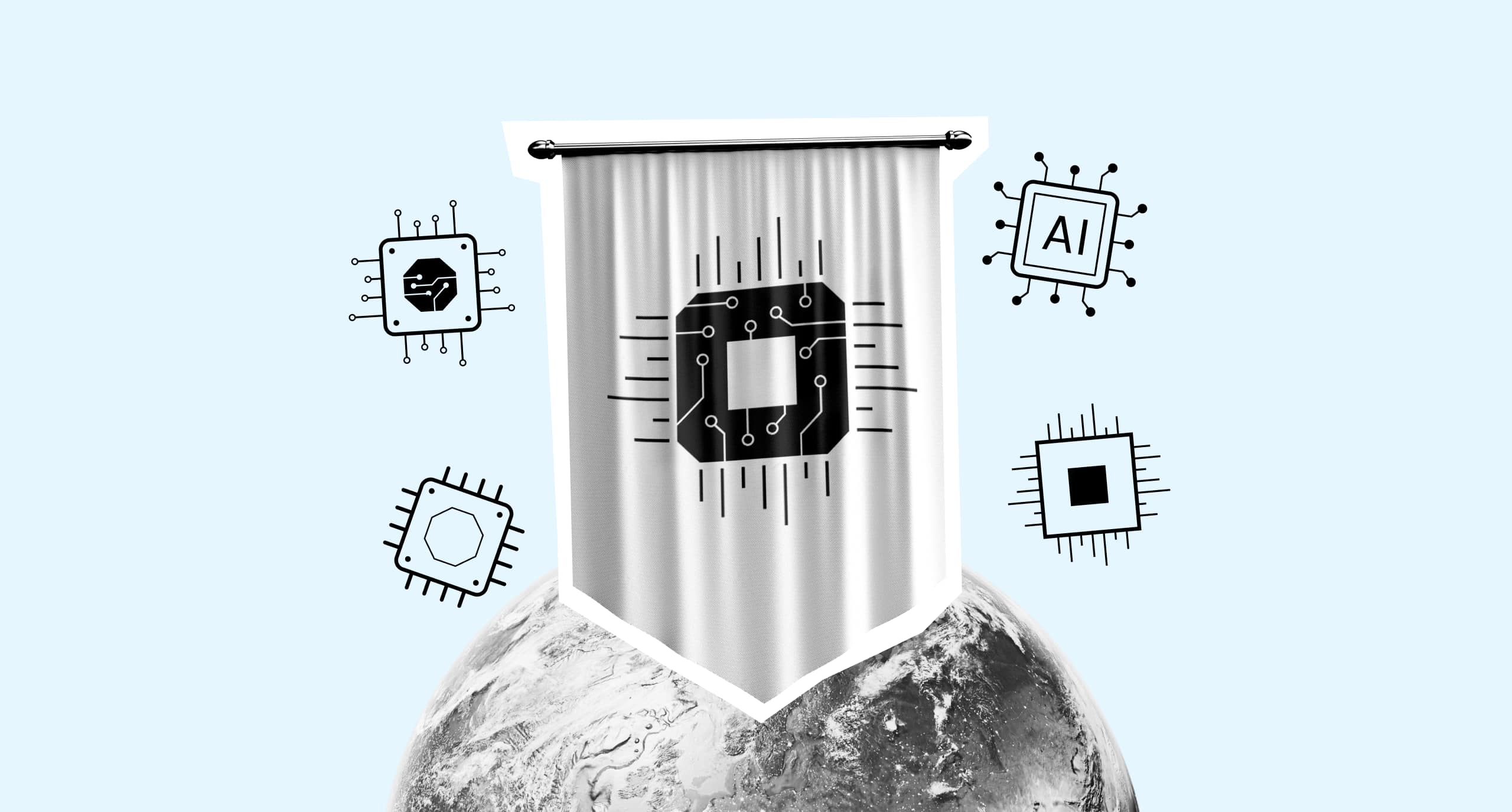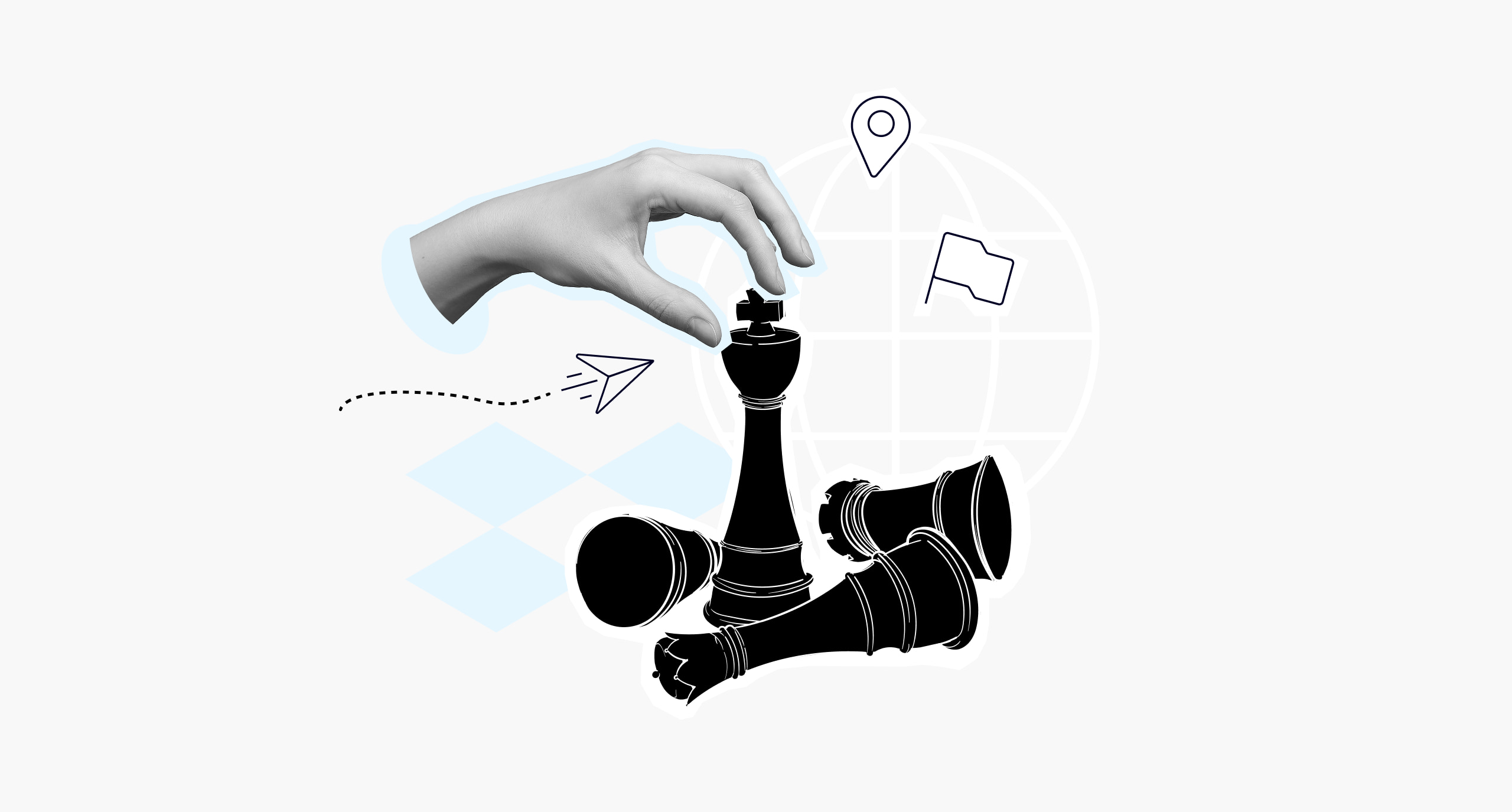Digital marketing is evolving faster than at any point in the past decade. As AI tools mature, privacy rules reshape data strategies and search behavior shifts across platforms, businesses are rethinking how they connect with audiences. Understanding digital marketing trends in 2026 is now core for business success.
This year, the biggest shift lies in the integration of AI, data and strategy across the entire customer journey. Marketers are expected to work smarter, move faster and deliver more personalized experiences than ever before.
Below are the trends shaping how brands reach, engage and convert audiences in 2026 – and what they mean for the future of the industry.
What are the key digital marketing trends for 2026?
The latest digital marketing trends are continuing the aim of companies to deliver experiences that resonate on a personal level. Personalization is the buzzword for digital marketing trends in 2026, with 75% of consumers more likely to buy from brands delivering personalized content. It’s showing big returns, with 48% of leaders in marketing personalization exceeding goals for revenue. This has been made more efficient by the spread of Generative AI, which has been incorporated in some 75% of brands’ strategies. But more on that later.
First, let’s fly through five trends in digital marketing that have shaped 2026 thus far.
1. AI is becoming the foundation of modern marketing
Artificial intelligence now sits at the center of how many campaigns are planned and executed. What started as a tool for automation has quickly become a strategic layer that supports content creation, performance optimization and customer targeting. Marketing teams are using AI to analyze behavior, generate variations of content and refine campaigns in real time.
This shift is changing the role of marketers. Instead of focusing only on execution, professionals are increasingly expected to interpret data, guide strategy and make decisions based on insights produced by intelligent systems. The value now lies in knowing how to direct these tools, not just use them.
At the same time, businesses are becoming more aware of the limits of AI. Questions around bias, compliance and originality mean human judgment remains essential. The most effective teams in 2026 are those that combine automation with strong strategic thinking and creativity.
2. Hyper-personalization is becoming the standard
Personalization has been part of marketing for years, but in 2026 it has become an expectation rather than a differentiator. Consumers now assume that brands will understand their preferences and behaviors, and they respond more positively to experiences that feel relevant to them.
Companies are responding by integrating data across channels to create tailored interactions at every stage of the customer journey. Emails, website experiences, ads and recommendations are increasingly shaped by real-time signals and past behavior. As a result, customers feel more understood and engagement improves.
As expectations continue to rise, businesses that fail to deliver personalized experiences risk losing relevance. The ability to translate data into meaningful interactions is quickly becoming one of the defining capabilities of modern marketing teams.
3. First-party data strategies are replacing third-party tracking
Tighter privacy regulations and the decline of third-party cookies are forcing companies to rethink how they collect and use customer data. Instead of relying on external tracking systems, brands are focusing more on building direct relationships with their audiences.
This has led to greater investment in channels where customers choose to share information, such as subscriptions, memberships and owned platforms. The shift toward first-party data encourages a more transparent value exchange and helps build trust over time.
Privacy compliance is no longer just a legal obligation. It has become part of brand positioning. Organizations that handle data responsibly are strengthening long-term relationships and creating more stable foundations for their marketing strategies.
4. Search behavior is expanding beyond traditional engines
Search is no longer limited to Google. Consumers are now discovering products, services and information across social platforms, marketplaces and AI-powered tools. This change is transforming how brands think about visibility.
Content now needs to be structured and written in a way that can be understood across different environments. What works for a search engine also needs to work for social discovery and AI-driven answers. This shift is encouraging marketers to create clearer, more useful content that genuinely responds to what people are looking for.
For businesses, this expansion creates new opportunities to connect with audiences. It also means that marketing strategies must be more integrated, as discovery can happen at almost any point in the digital ecosystem.
5. Omnichannel experiences are becoming more seamless
Customers expect consistency across every interaction with a brand. Whether they move from social media to a website, from email to a mobile app or from online browsing to a physical space, the experience should feel connected.
Companies are investing in strategies that unify messaging, branding and personalization across platforms. Real-time data makes it possible to respond to behavior instantly, creating journeys that feel smoother and more relevant. This consistency helps build familiarity and trust.
As technology improves, these experiences are becoming more sophisticated. Brands that succeed in creating a seamless presence across channels are seeing stronger engagement and higher long-term loyalty.
6. Short-form video and creator partnerships continue to grow
Video remains one of the most powerful formats for capturing attention. Short-form content in particular is shaping how brands communicate online, especially with younger audiences. It allows companies to explain ideas quickly and connect on a more human level.
At the same time, partnerships with creators are becoming more central to marketing strategies. Rather than focusing only on large influencers, many brands are working with smaller creators who have strong relationships with specific communities. This approach often feels more authentic and trustworthy.
The broader shift reflects a change in how people relate to brands. Audiences respond more to real voices and experiences than to traditional advertising, and companies are adapting their strategies accordingly.
7. Immersive experiences are gaining momentum
Augmented Reality and Virtual Reality are becoming more accessible and are beginning to play a larger role in how brands present products and services. These technologies allow customers to explore products in interactive ways, making digital experiences feel more tangible.
Consumers can visualize how products might look in their homes, explore environments remotely or engage with brands through interactive storytelling. These experiences can increase confidence in purchasing decisions and strengthen emotional connections.
As devices and networks continue to improve, immersive marketing is likely to expand further. While still emerging, it represents a growing area of opportunity for companies looking to stand out.
Why these trends matter for future marketing careers
One of the clearest messages from 2026 is that marketing roles are evolving. Professionals are no longer expected to specialize in just one area. Instead, they need to understand how strategy, analytics, technology and creativity fit together.
Understanding trends is only the starting point. What employers increasingly value is the ability to translate those trends into practical actions that support business goals. That means being able to connect insights, tools and ideas into a clear plan for growth.
That means being able to connect insights, tools and ideas into a clear plan for growth.

As the industry continues to change, adaptability is becoming one of the most important strengths a marketing professional can develop.
What role does AR/VR play in digital marketing trends?
Since it’s such an interesting topic, let’s take a deep-dive on this area. Augmented Reality (AR) and Virtual Reality (VR) are one of the most exciting of current digital marketing trends. Through interactive experiences, brands are bridging the gap between digital content and real-world engagement. Consumers can now virtually try on products, explore homes or test-drive vehicles from anywhere – boosting convenience, confidence and conversion rates. 71% of consumers now say they’d shop more if AR were available, and over 30% of marketers are already integrating AR/VR into campaigns.
But how does AR in marketing work? Essentially, it overlays digital elements onto physical environments, which help consumers trial products with enhanced surroundings. That could be through IKEA’s furniture placement app or beauty brands’ virtual makeup trials. VR, meanwhile, creates fully immersive environments that allow virtual test drives, travel previews or showroom tours. This boosts emotional engagement with products.
AR and VR offer measurable benefits like higher conversion rates (up to 40% in some cases), improved brand recall, and increased customer satisfaction.
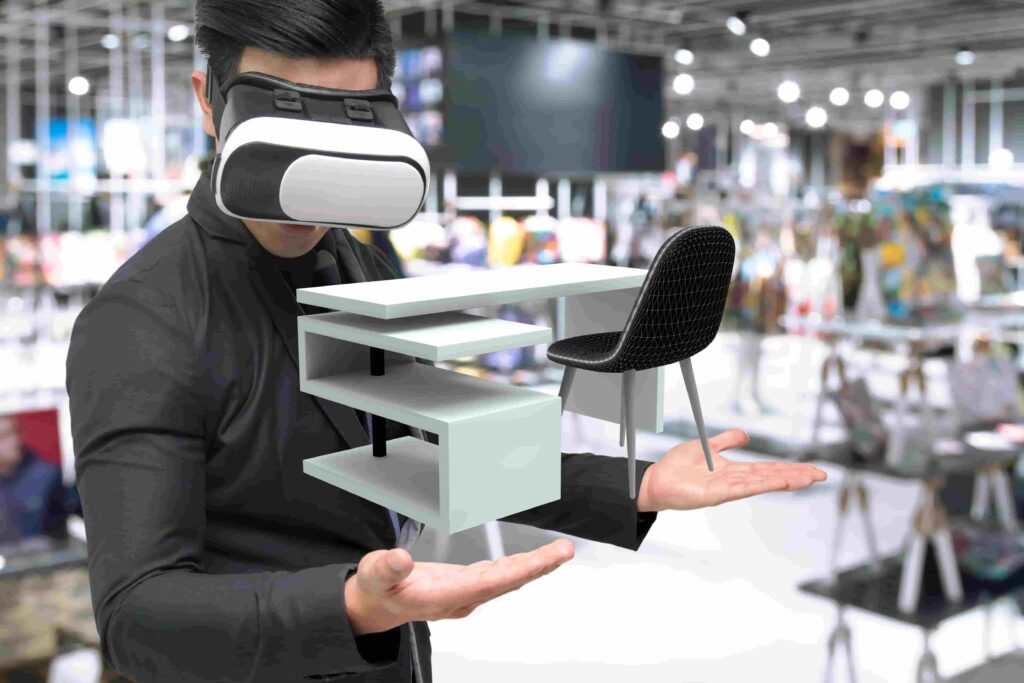
Marketers are also leveraging social AR filters and VR gamification to appeal to younger, digital-native audiences, turning users into brand advocates through shareable content. As 5G, AI and wearables advance, immersive marketing will only become more powerful – making now the time for brands to invest in AR/VR strategies.
How can businesses stay updated with digital marketing trends?
Businesses do need to cut through the noise. That doesn’t mean chasing ever new fad, though. By following reputable sources like Google, HubSpot and Moz, and carving out just 30 minutes a week to engage with marketing news or communities, decision-makers can stay sharp on digital marketing trends. Testing small campaigns before committing to big strategies and questioning internal or agency-driven tactics with a focus on ROI, not hype, can help brands stay grounded and competitive.
However, to truly gain an edge in this environment, businesses need individuals on their teams who can translate trends into useful actions.
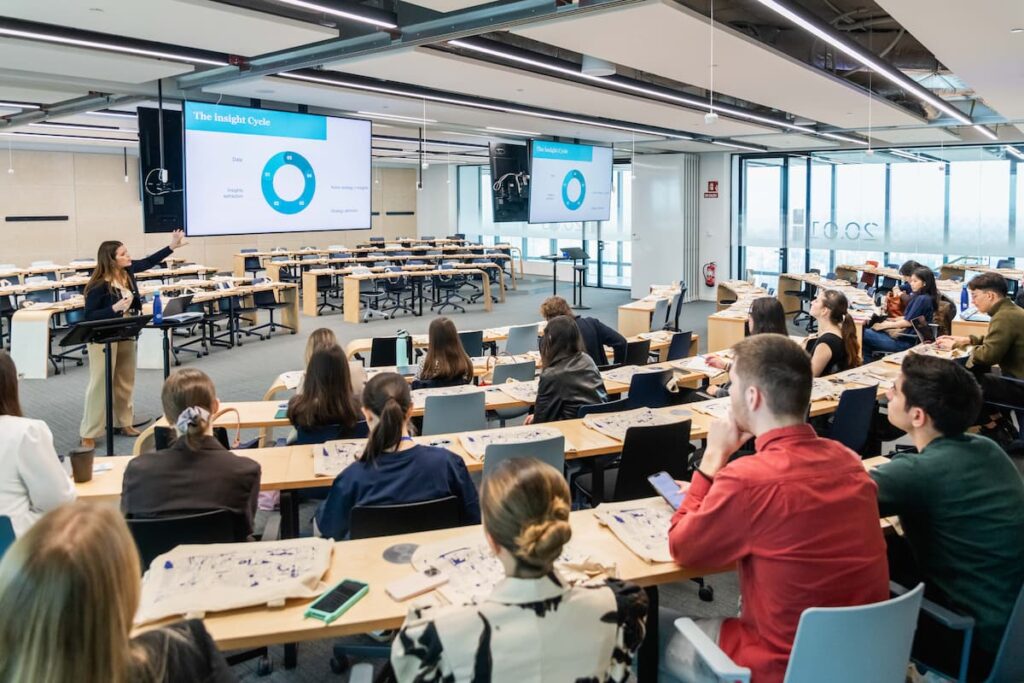
That’s where our Master in Digital Marketing comes in. The program covers everything from omnichannel strategy and marketing analytics to influencer marketing and AI-powered personalization. With real-world projects, optional certifications from platforms like Google and Salesforce, and international immersion experiences, graduates bring both the expertise and global perspective that employers need.
Enrolling in this program means future-proofing your career. Whether you’re an aspiring strategist, content manager, SEO specialist or analytics expert, we can offer the skills and network you need to succeed. The industry is hungry for professionals who can both understand marketing technology and wield it for business growth.
If you’re interested in being a part of change, follow the link below to find out more information.
Keep up with digital marketing trends with IE Business School
Upgrade your career with the Master in Digital Marketing.

Benjamin is the editor of Uncover IE. His writing is featured in the LAMDA Verse and Prose Anthology Vol. 19, The Primer and Moonflake Press. Benjamin provided translation for “FalseStuff: La Muerte de las Musas”, winner of Best Theatre Show at the Max Awards 2024.
Benjamin was shortlisted for the Bristol Old Vic Open Sessions 2016 and the Alpine Fellowship Writing Prize 2023.


